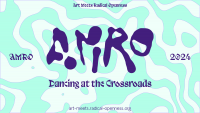Coventry (UK), 4 March 2016 - Digital Echoes Symposium 2016.
(Re)Collecting the Past: (Re)Making the Future
4th March 2016 – Centre for Dance Research (C-DaRE), Coventry University

For the 6th edition of the Digital Echoes Symposium, we focus on participation as one of the most prominent legacies of the digital, in particular how it invokes processes of collectivity, democratisation and decentring. We consider participation as a process, a framework for access and production, but also increasingly becoming a philosophy and a culture. In response to this theme, we invite researchers and practitioners in dance, the arts and the humanities, to reflect on practices of collecting, archiving and safekeeping, how these traces are being used to configure new ways of imagining futures, and how such practices highlight the legacy of the digital on humanistic and artistic disciplines.
As the title suggests, we invite a reflective and critical examination of digital archival practices, with a focus on dance and neighbouring art forms. We look at the future through a frame of making, or crafting, which evokes discourses on materiality and immateriality, tangible and intangible, conversion and representation. Through representation in digital formats ephemeral performative acts gain tangible qualities. Yet tangibility does not mean fixation; as digital representations are manipulated, stored, accessed, retrieved and re-used they are simultaneously objectified and re-formed, as they are increasingly used and re-used in different formats and in new contexts. We invite contributions that consider the impacts of public/user participation on archival practice and research, and their legacy for the future.
Themes
● The politics of participation in performing arts archival and documentation practices: How does public or citizen involvement in archival practices affect established hierarchies and canons? How does it affect taken for granted ideas about whose ideas and practice are given visibility and represented, and how?
● Collectivity and co-creative practices: What are the potentials and problematics of collectives? How does co-creation function in artistic and archival practices? How do collaborative relationships between archivists, technologists, artists and researchers cultivate generative interdisciplinary exchanges? What are the meeting points or sticking points? How might we create innovate archival projects that cross disciplinary frameworks?
● The reuse and reconfiguration of artistic and cultural content: The reuse of cultural content, and the ways that users might enrich existing sources through creative activities.
● Between amateurism and citizen science: What are the sources of legitimacy for user involvement? What distinguishes citizen science from amateurism? What are the boundaries of involvement, so that the foundations for research credibility and validity are not affected? What are the forms, best practices, promises and limits of crowdsourcing?
● Epistemologies, languages, vocabularies: Which forms of knowledge are cultivated and disseminated through participatory archival projects? How might linguistic frameworks usher in fresh forms of thinking and reveal underlying frameworks?
● Impacts on practice. How does the reuse of cultural content feed back into artistic and scholarly practices? How does the fictional user inform on the development of archival practices?
● Processes and tools: What processes, flows, methodologies are there that support rewarding ways of involving the user and the public in storing, classifying, and configuring access pathways to archival material? What digital tools, platforms and infrastructures?
Agenda:
9.15 – 9.45 Registration
9.45 – 11.00
Digital Art Studio / Welcome and Keynote Presentation
Just Fun Enough to go Completely Mad About: on games, procedures and amusement
Matthew Fuller
Chair: Sarah Whatley
11.00 – 12.00
Digital art Studio / Panel 1: Impacts on Practice/Processes and Tools
Zoi Dimitriou
Greg Marshall
Chair: Emma Meehan
Performance Studio / Panel 2: Emerging Projects
WhoLo DancE (Sarah Whatley and Rosa Cisneros)
Error Network (Sita Popat and Sarah Whatley)
Virtual Museums (Antonella Fresa and Neil Forbes)
Chair: David Bennett
12.00 – 13.30 Lunch
13.30 – 14.00
Performance Studio / Silent Lecture
Emilie Gallier
14.00 – 15.30
Digital Art Studio / Panel 3: Reuse and Reconfiguration of Artistic Content
Monica Dantas
Valeria Lo Iacono
Marisa Zanotti
Chair: Rebecca Stancliffe
Performance Studio / Panel 4 Choreographic knowledge, data and
evidence in the body archive; new ways of thinking about archival
encounters and dialogues
Rachel Krische
Lisa Kendall
Laura Griffiths
Chair: Eline Kieft
15.30 – 15.45 Tea and Coffee
15.45 – 17.15
Digital Art Studio / Panel 5: Participation and Documentation in
Digital Performance Practices
Sarah Rubidge
Teoma Naccarato
Matthew Morrison
Chair: Victoria Thoms
Venue: The Institute for Creative Enterprise (ICE)
Coventry University Technology Park
Parkside
Coventry
CV1 2NE
Organising committee: David Bennett, Hetty Blades, Rosamaria Cisneros, Rebecca Stancliffe and Sarah Whatley.
 A cooperation agreement was recently signed between E-Space and Europeana Sounds. The two BPN are joining forces under the common umbrella of Europeana to develop synergies and enhance the access, dissemination and reuse of digital cultural heritage. The scope of Europeana Sounds, that is also a Best Practice Network, is opening the gateway to Europe’s sound and music heritage is the core of Europeana Sounds.
A cooperation agreement was recently signed between E-Space and Europeana Sounds. The two BPN are joining forces under the common umbrella of Europeana to develop synergies and enhance the access, dissemination and reuse of digital cultural heritage. The scope of Europeana Sounds, that is also a Best Practice Network, is opening the gateway to Europe’s sound and music heritage is the core of Europeana Sounds.



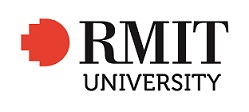 We are glad to announce that a Cooperation Agreement was recently signed between RICHES and RMIT Europe, for research exchange and cross dissemination.
We are glad to announce that a Cooperation Agreement was recently signed between RICHES and RMIT Europe, for research exchange and cross dissemination.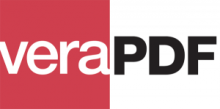

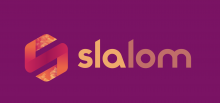 This workshop offers an opportunity to learn of progress in the standardization of Cloud contracts and SLAs by ISO-liaison body SLALOM and cloud procurement by PICSE, two EC-backed initiatives.
This workshop offers an opportunity to learn of progress in the standardization of Cloud contracts and SLAs by ISO-liaison body SLALOM and cloud procurement by PICSE, two EC-backed initiatives.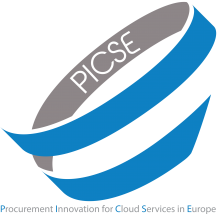 The European Open Science Cloud envisages a trusted, open environment for storing, sharing and re-using data and supporting Open Science practices.
The European Open Science Cloud envisages a trusted, open environment for storing, sharing and re-using data and supporting Open Science practices.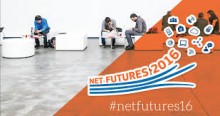
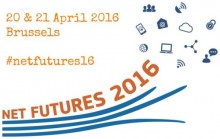 The AppHub team is glad to welcome you and your partners involved in open source innovation in Brussels, at two upcoming events, with interactive support for your project and AppHub Store demontrations.
The AppHub team is glad to welcome you and your partners involved in open source innovation in Brussels, at two upcoming events, with interactive support for your project and AppHub Store demontrations.
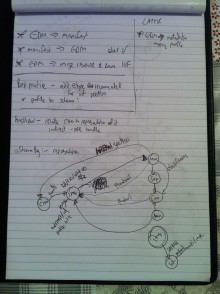
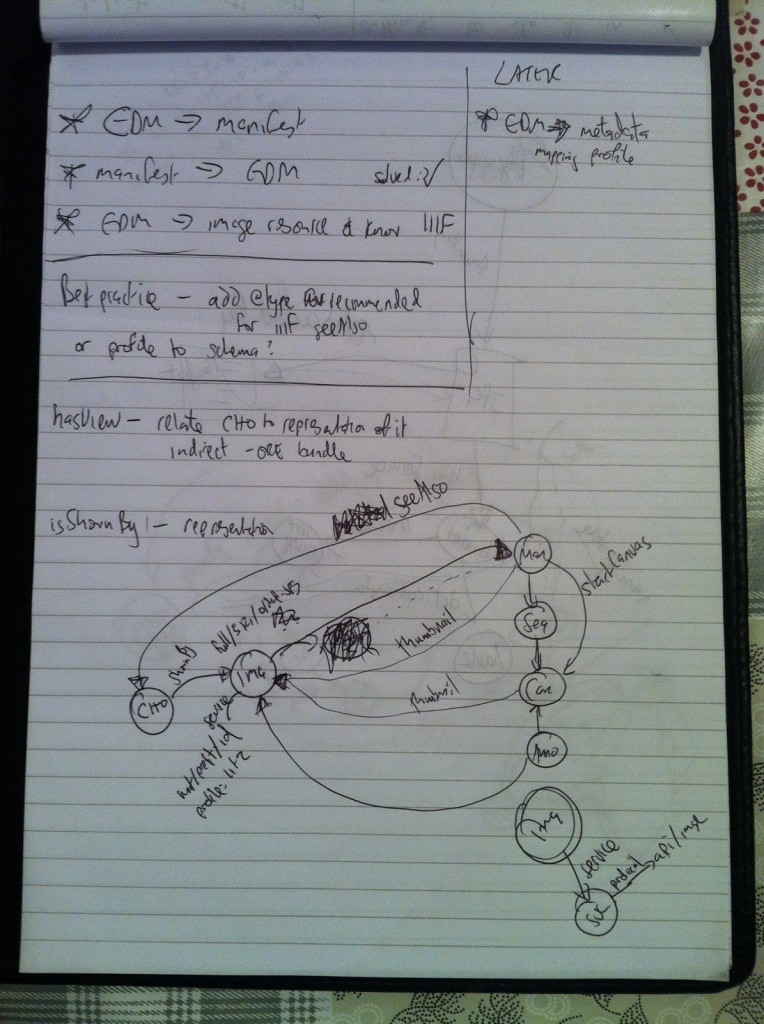
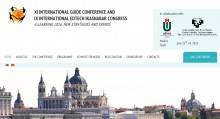
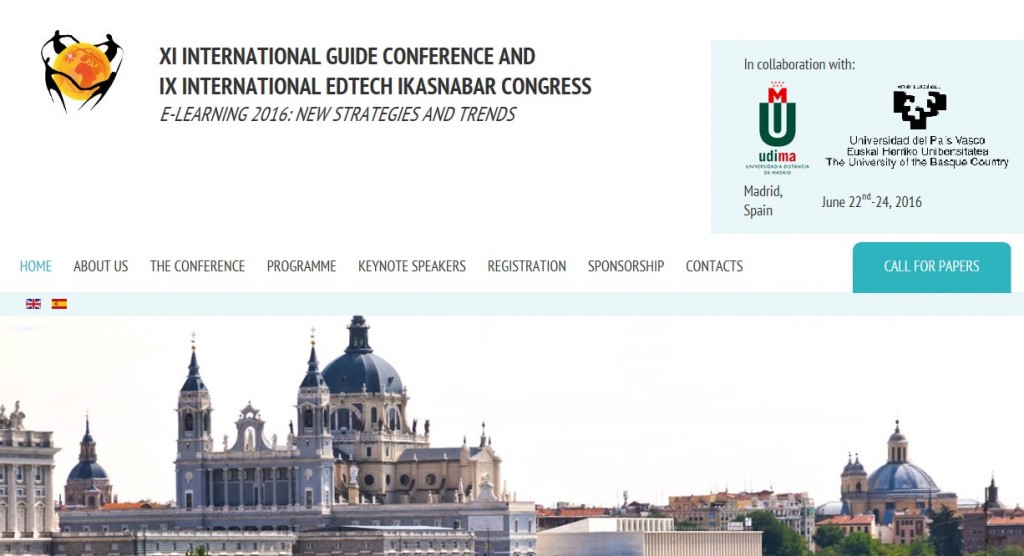


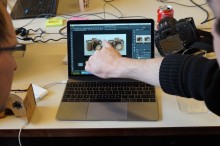
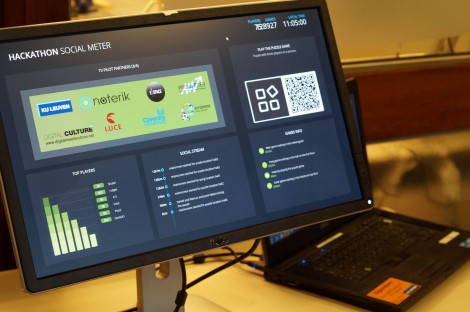















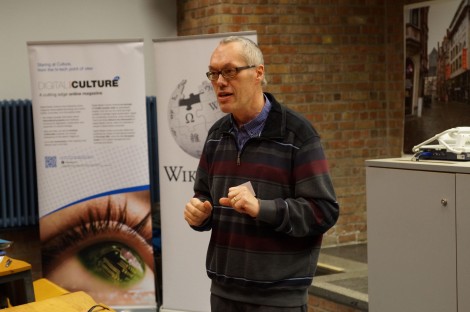
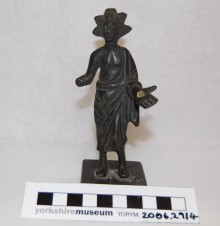
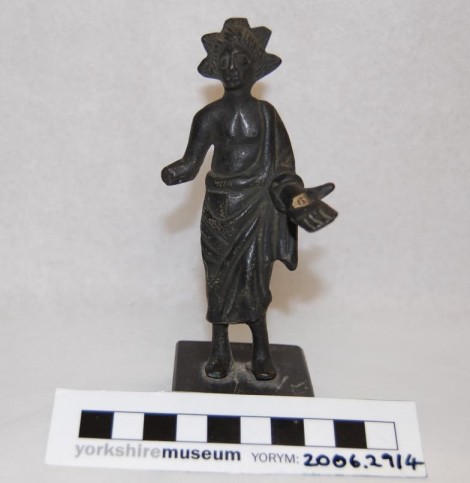
 If you have interesting news and events to point out in the field of digital cultural heritage, we are waiting for your contribution.
If you have interesting news and events to point out in the field of digital cultural heritage, we are waiting for your contribution.














